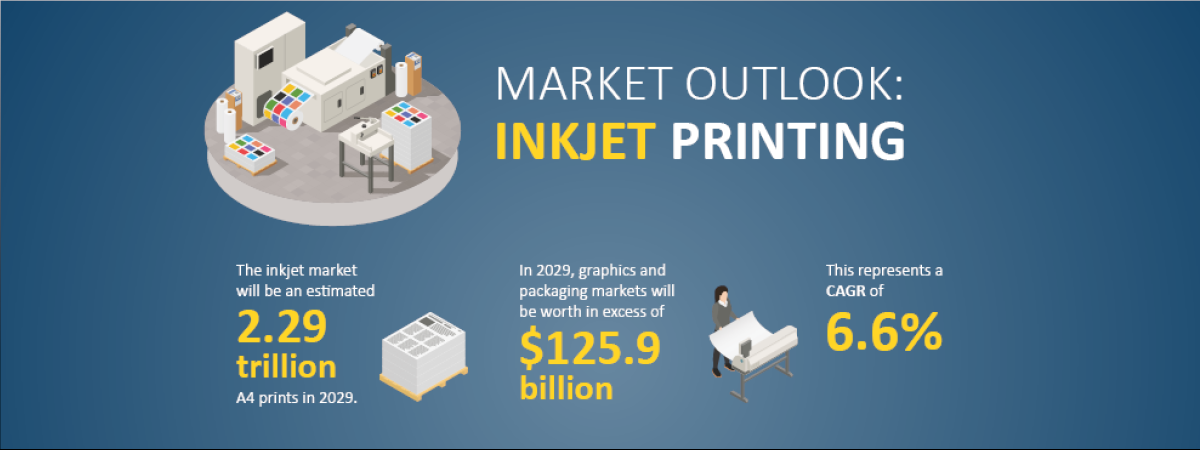13 November 2012
Are your casual workers really employees?
Are your casual workers really employees?
The printing industry, like any other industry, employs a range of employees, consultants and casual workers, particularly to deliver larger projects on time. This saves both expense and management time, and many of the staff work on a recurring basis. However not many businesses consider the legal status of a consultant or casual worker who has been working with them over the last 5 years, in varying roles, with varying duties.
The agreement
A contract of employment or services defines most contractual relationships and most businesses will provide consultants and casual workers with a contract for services and mistakenly deem that to define the relationship as one of self-employment; however in reality this may not be the case.
The operational relationship
It is established law, confirmed recently by the Supreme Court in Autoclenz -v- Belcher [2011], that when looking at the status of whether someone is an employee under law, the operational relationship of the parties is considered.
An individual may have legal status as an 'employee' where there is sufficient control, duty of mutual obligations and integration. This means that where an individual:
-
Is personally required to complete the work;
-
Does not work for any other enterprise.
-
Has no control over how they conduct work;
- Works set hours;
- Has a set monthly salary;
- Is paid for annual leave and requires the permission of the practice before taking any leave;
They may be deemed as an 'employee' under employment law. And it is important to bear in mind that although a written contract will assist in determining the individual's employment status, if that doesn't reflect what is happening on the ground, it is of no use.
Further most recently and perhaps a little surprisingly the Employment Appeals Tribunal (EAT) in Quashie -v- Stringfellows Restaurants Ltd, stated that where someone attends work and is obliged to carry out their duties as directed by management they will be deemed in law as an employee. In this particular case they held a stripper had employee status.
Status of a worker
Something that all businesses forget is that even if an individual does not fall within the legal definition of an employee, they will almost certainly fall into the definition of being a 'Worker' which is wider and includes anyone who is contracted to 'personally provide a service'. 'Workers' enjoy protection against all discrimination claims including whistleblowing claims.
The Equality Act 2010 defines 'protected characteristics' for the purposes of discrimination as age, disability, gender reassignment, marriage and civil partnership, pregnancy and maternity, race, religion and belief, sex and sexual orientation.
Conclusion
Ensure that you:
- Provide all individuals with appropriate contracts defining the relationship;
- Continually monitor the employment status of all individuals working for you at any given time by maintaining personnel files;
- Keep notes/minutes of conversations where relationships change, for example when casual workers are offered full time employment.
 Intergraf Economic News (Paper Prices) - March 2024
Intergraf Economic News (Paper Prices) - March 2024
18 March 2024
Access the latest edition of the Economic Newsletter for the European Printing Industry for data on paper consumption, and pricing data for pulp, paper and recovered paper. Data for packaging papers and board is also available with this edition.
 UK to follow global expansion of inkjet printing
UK to follow global expansion of inkjet printing
21 March 2024
The latest expert analysis from Smithers identifies the potential of the latest generation of inkjet systems to improve profitability across the global print market. Read more about the new report The Future of Inkjet Printing to 2029.
The BPIF is the printing industries champion. By becoming a member you join a diverse and influential community. We help you solve business problems, connect you to new customers and suppliers and make your voice heard in government.
Call 01676 526030









